When you first come across this message, you will most likely be working against an unreleased version of the database. If that is the case, most likely you should not increment the database version. Simply clearing app data will move you passed the exception. If your app is live, you will likely need to increment the database version and provide a proper migration.
If you do not increment the database (recommended):
You should clear the application's app data from Android settings. You might alternatively be able to uninstall the previous app version and then install the new version to get passed the exception. This latter approach does not work under certain conditions (such as when allow backup is enabled)
Since clearing application data always works, I take that route every time.
If you do increment the database version:
You will need to write database migration code to account for any changes to the database schema. See here for information on migration.
Alternative to writing database migration code is to call fallbackToDestructiveMigration on the Room database builder. This is probably not a good idea as this change should not be published to actual users. Forgetting to remove this call and then forgetting to upgrade the database will result in data loss for users.
// Using this fallback is almost certainly a bad idea
Database database = Room.databaseBuilder(context, Database.class, DATABASE_NAME)
.fallbackToDestructiveMigration()
.build();
Again, neither incrementing the database version nor falling back to destructive migration is necessary if the previous database schema is not live in the wild.


